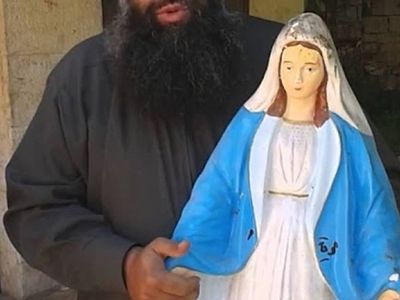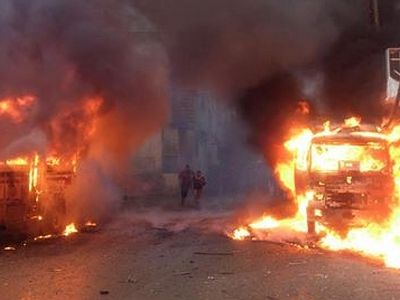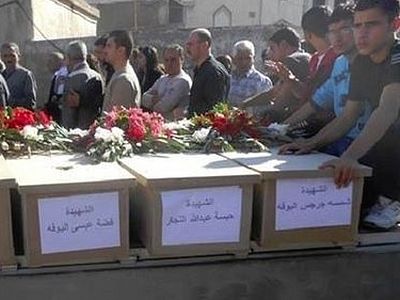Moscow, November 11, 2013
 Saudi Foreign Minister Saud al-Faisal. November 4, 2013 Photo: Reuters
Saudi Foreign Minister Saud al-Faisal. November 4, 2013 Photo: Reuters
"Such policy, in the interpretation of Riyadh, is to pursue a dual object: on the one hand, to unite the enemies of Bashar Al-Assad, and on the other hand, to create a counterbalance to the supporters of al-Qaeda, whose influence is permanently increasing," says the article.
The formation that interests Riyadh is the "Army of Islam", created late in September on the basis of 43 Syrian groups. According to some assessments, it will number from 5,000 to 50,000 soldiers. It is expected that they will be provided with the best weapons including Portable Anti-Aircraft Rocket Systems and antitank guided missiles.
In the view of the president of the Russian Institute of Religion and Politics Alexander Ignatenko, the Syrian crisis from the very beginning has been conditioned by persistent intervention of two Arabian monarchies—Qatar and Saudi Arabia.
With their active participation, such anti-regime sub-units as the Free Syrian Army were formed, on which Doha and Riyadh spent no less than 15 billion dollars, as well as Jabhat Al-Nusra and The Islamic State of Iraq and the Levant, both being subdivisions of al-Qaeda.



